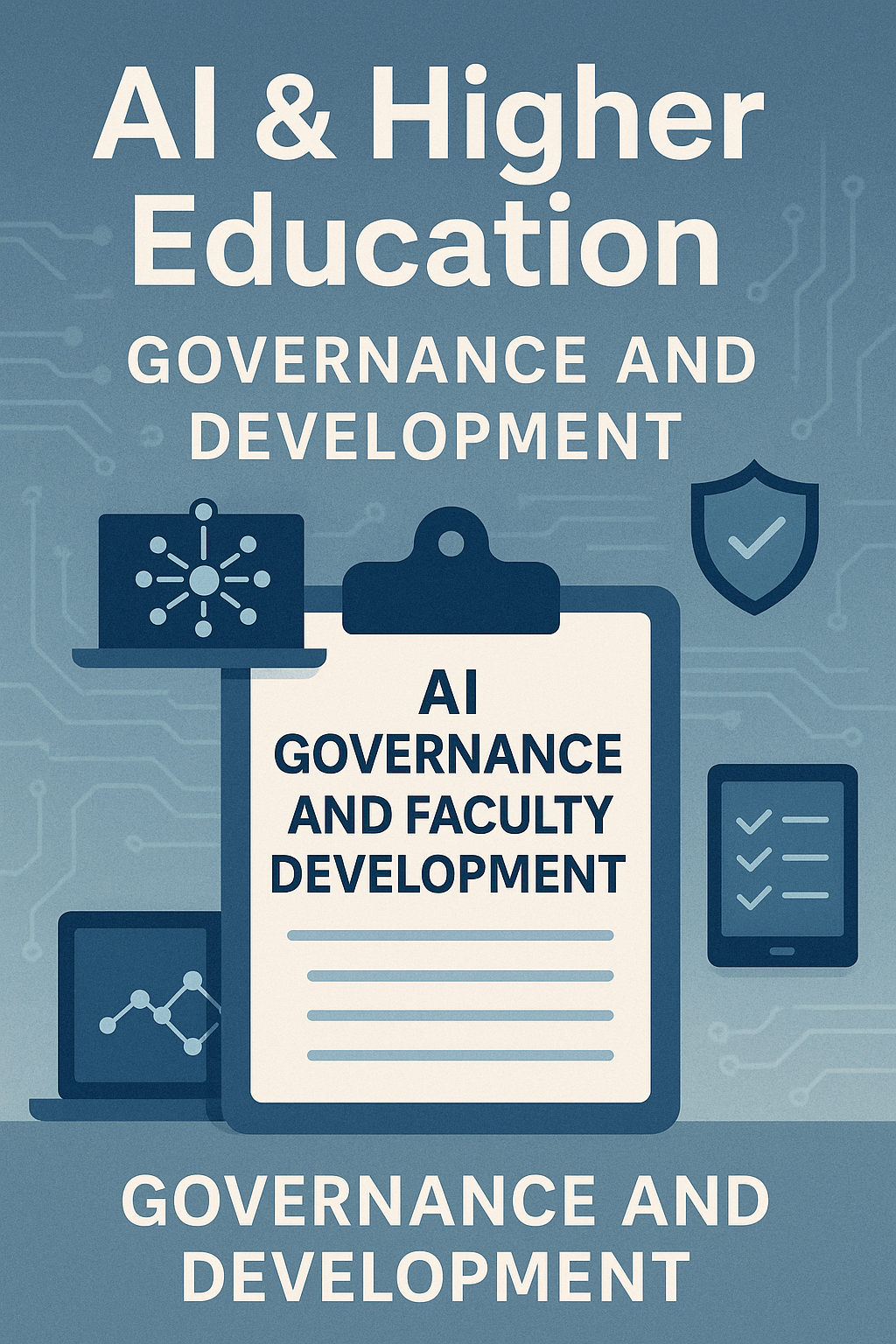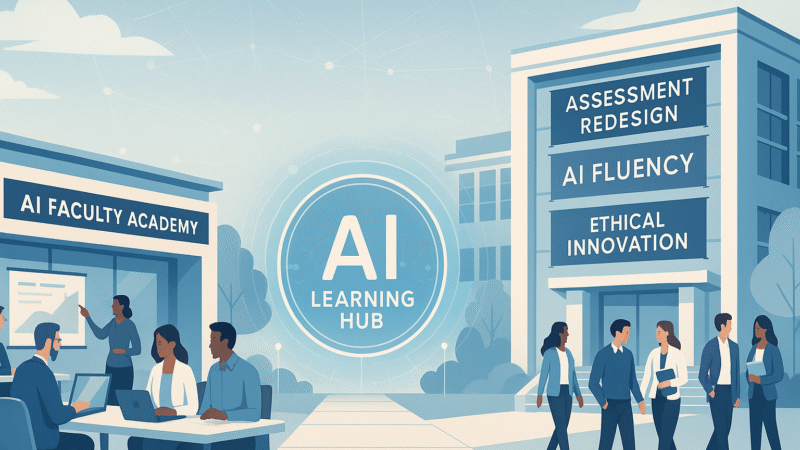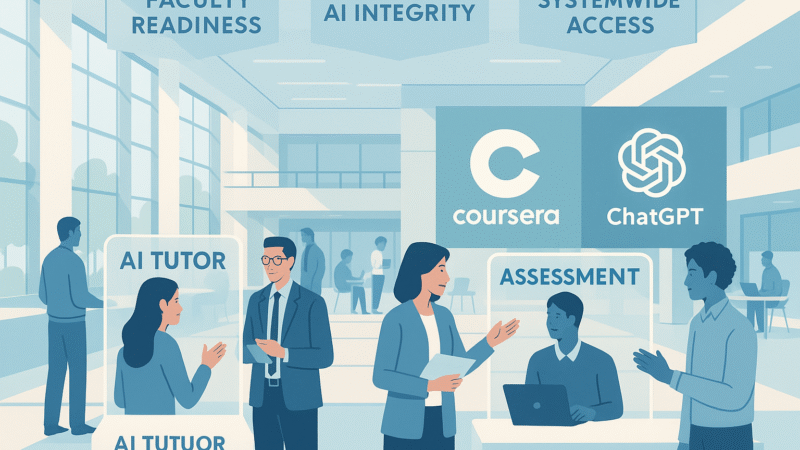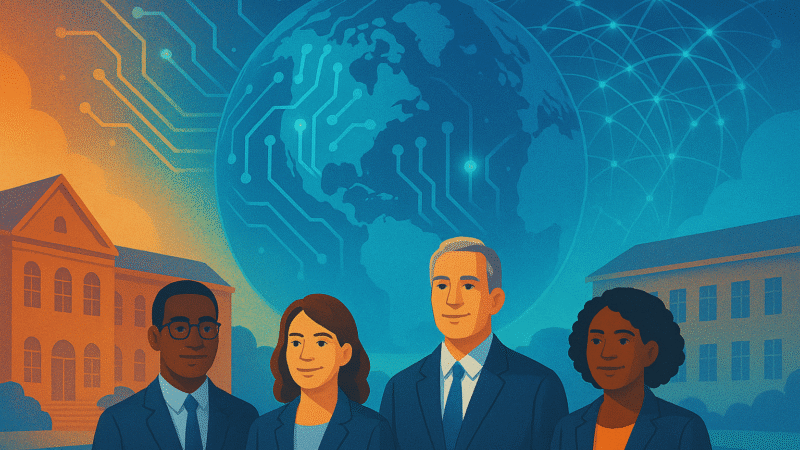This week’s AI & Higher-Education Global Brief explores how universities are moving from experimentation to accountability. Featured research highlights a growing demand for governance frameworks that balance innovation with integrity. From faculty readiness and AI-tool adoption to student writing and accreditation reform, the focus is shifting toward strategy, not novelty. Institutions are now being called to demonstrate measurable responsibility in how AI shapes teaching, learning, and policy—signaling a defining moment for higher education’s digital maturity.
Tag: educational technology
AI in higher education is no longer an experiment—it’s becoming the backbone of equitable learning systems. From California’s statewide AI tutoring program to global reforms in assessment and adult learning, colleges are redefining innovation around access, ethics, and educator leadership. This issue spotlights how faculty-led AI literacy and thoughtful policy are shaping a future where technology expands opportunity rather than replacing human connection.
AI is no longer an experiment—it’s infrastructure. This week’s brief spotlights systemwide adoption across higher education, from California’s historic AI tutoring rollout to Coursera’s integration inside ChatGPT. Faculty now stand at the center of this transition: success depends not on the platforms themselves but on the readiness, reflection, and integrity guiding their use. Policy compliance, faculty capacity, and platform governance define this next phase of intelligent learning.
As AI moves from pilot projects into everyday tools, real progress depends on faculty capacity. This piece centers instructors co-designing rubrics, syllabus policies, and course workflows—paired with LMS/Workspace integrations and emerging research infrastructure—so platforms amplify learning, integrity, and scholarship rather than replace human judgment.
As AI transforms higher education, faculty voices, ethical strategy, and global collaboration must take center stage. This article explores the real issues—from trust and inclusion to governance and pedagogy—that will define how we lead in an AI-driven world.
AI is revolutionizing education, offering personalized tools to empower students and educators while preparing for a tech-driven future. But with opportunities come challenges. Learn how to embrace AI as a partner in purposeful learning and growth.






